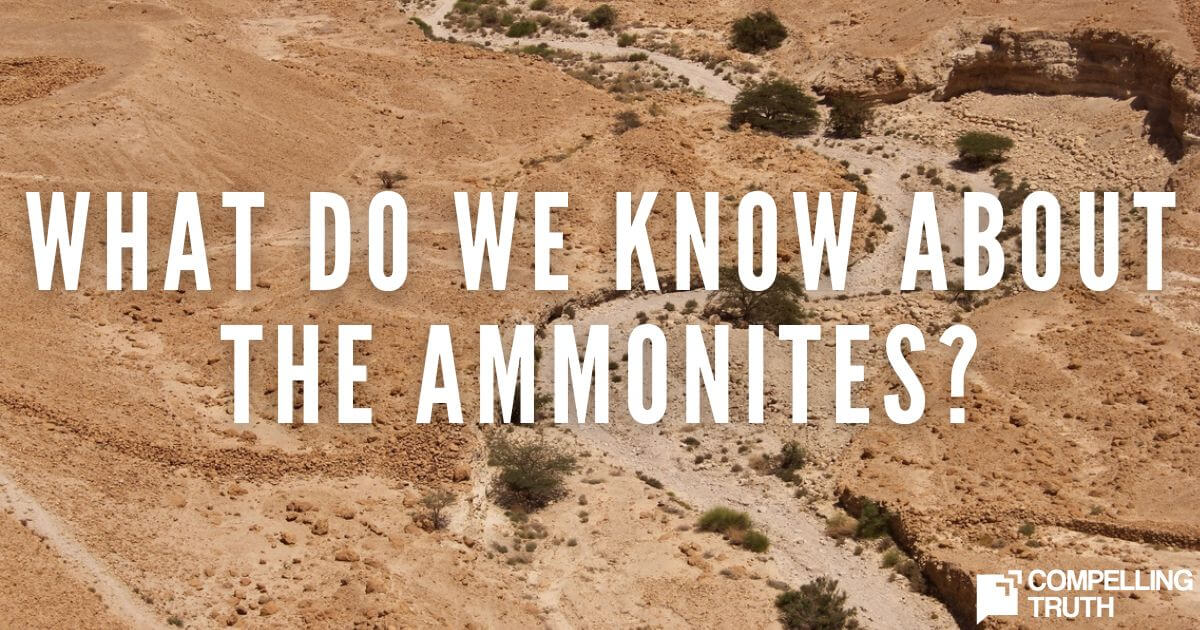The Edomites descended from Esau, the twin brother of Jacob, who was prophesied to serve his younger brother. Esau, red and hairy at birth, exchanged his birthright for red stew, leading to his descendants being called Edomites. Edom sounds like the Hebrew word for red. The Edomites inhabited areas including Seir, Bozrah, and Sela, and had kings before Israel did. The Edomites denied the Israelites passage during the exodus and were later subjugated by King Saul and King David and controlled by various empires. By New Testament times, the Edomites, now called Idumaeans, were forced to convert to Judaism and eventually disappeared from history, the prophecy of Jacob ruling over Esau being fulfilled.
The history of the Edomites, descendants of Esau, offers several life lessons about family, choices, and the consequences of our actions. Esau's decision to exchange his birthright for immediate gratification led to long-term repercussions for his descendants, teaching us the importance of valuing long-term benefits over short-term desires. God’s ways bring life and are better than any short-term fulfillment we receive from sin. Proverbs 14:12 tells us, “There is a way that seems right to a man, but its end is the way to death.” Esau’s short-term fulfillment left him with long-term consequences. The eventual subjugation and disappearance of the Edomites underline the theme of prophetic fulfillment, the judgment of evil, and the idea that we will each give an account for what we did with what God gave us. Romans 14:12 tells us, “So then each of us will give an account of himself to God.” That truth must change the way we live.
God’s call for the Israelites not to hate the Edomites emphasizes God’s value of mercy, compassion, and forgiveness even towards those who may cause us difficulties. Despite the Edomites' consistent opposition to the Israelites, God called the Israelites to follow Him, to do what was right, and to not abhor them. God calls us to love even our enemies: “You have heard that it was said, ‘You shall love your neighbor and hate your enemy.’ But I say to you, Love your enemies and pray for those who persecute you, so that you may be sons of your Father who is in heaven” (Matthew 5:43–45).




